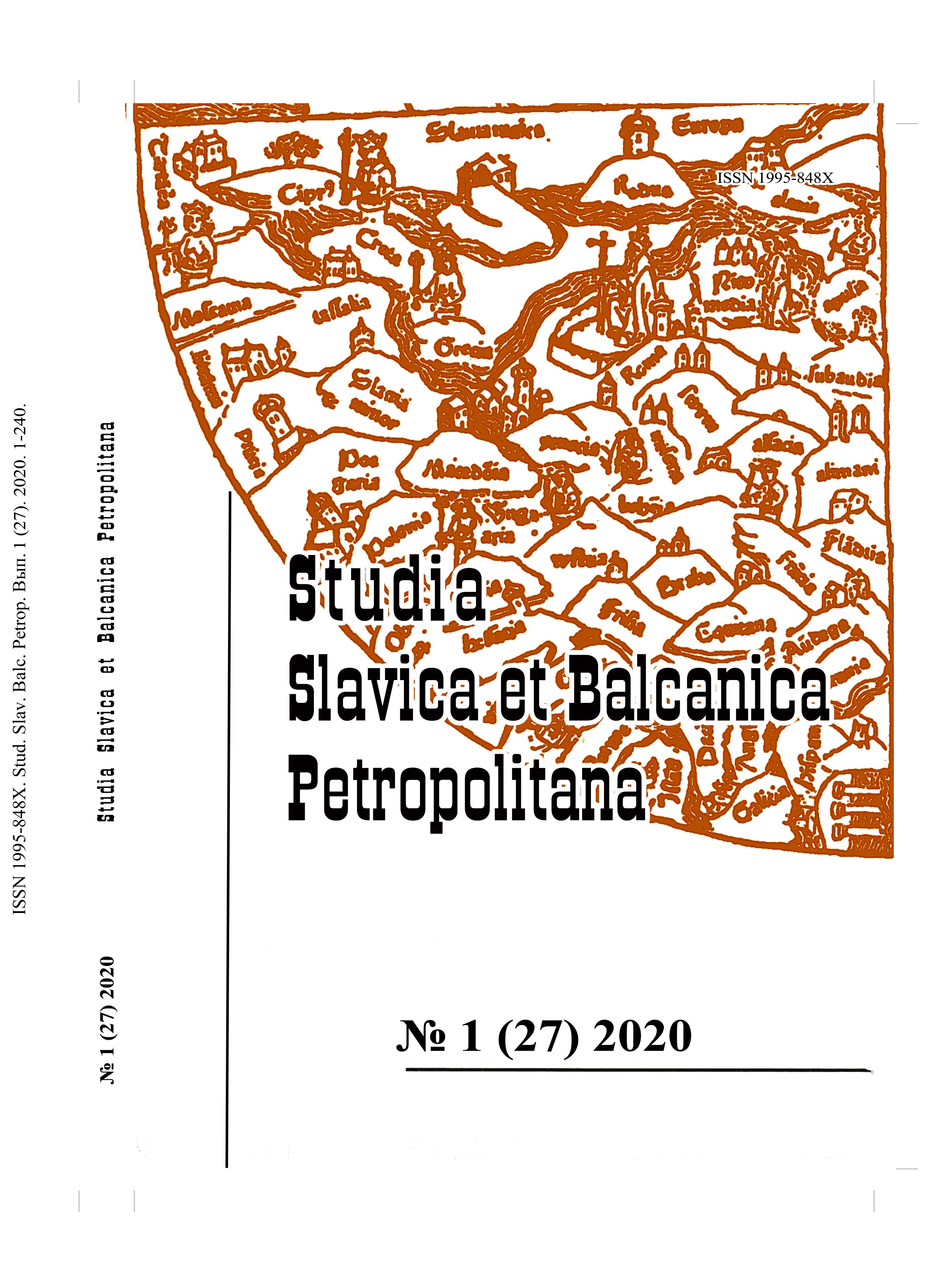Как сегодня изучать историю Восточной Европы?
How to study the history of Eastern Europe today?
Author(s): Alexander Iljich FilyushkinSubject(s): History, Period(s) of Nation Building, Historical revisionism
Published by: Издательство Исторического факультета СПбГУ
Keywords: historiography; methodology of history; Eastern Europe; post-soviet space; historical memory
Summary/Abstract: The author analyzes the historiographic situation that has developed in recent years on post-soviet space. He draws attention to the changing subject and nature of scientific research. In the historiography of the new nation-states, national history dominates, in their historical politics - nationalism. This weakens the scientific component, since national history in its characteristics is presentist and constructivist. She suffers from autarchy, the work of scientists is confined only to the national reader, and the products which is produced by national historiographies, has mainly domestic consumers, it is difficult to enter the world scientific platform with it. An indicator of the situation is the absence of indexing scientific journals of these countries in international highly rated databases (unlike Russia, Estonia, Lithuania, Latvia, Moldova, which are more oriented to international scientific criteria). There is a reduction in the study of world history, and the history of Russia interpreted in the spirit of the corresponding historical policy and practically not studied in the scientific plan. The article offers an overview of relevant research areas and concludes that scientific integration and the development of a new general concept of the history of the Central-Eastern Europe. Comparative studies are promising here; it is useful to include in the field of comparison and the Balkans and the countries of Central Europe. In the pre-imperial period, the studied historical region in general, it would be more correct to define Central-Eastern Europe from the Elbe and the Danube to Don and Volga, from the Baltic to the Black Sea as a complete region. Historically, everything here was too intertwined and interconnected to plunder it over national historic territories.
Journal: Петербургские славянские и балканские исследования
- Issue Year: 2020
- Issue No: 1 (27)
- Page Range: 3-24
- Page Count: 22
- Language: Russian

